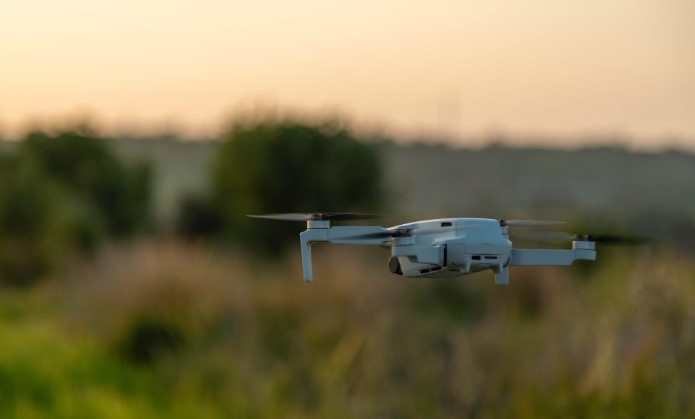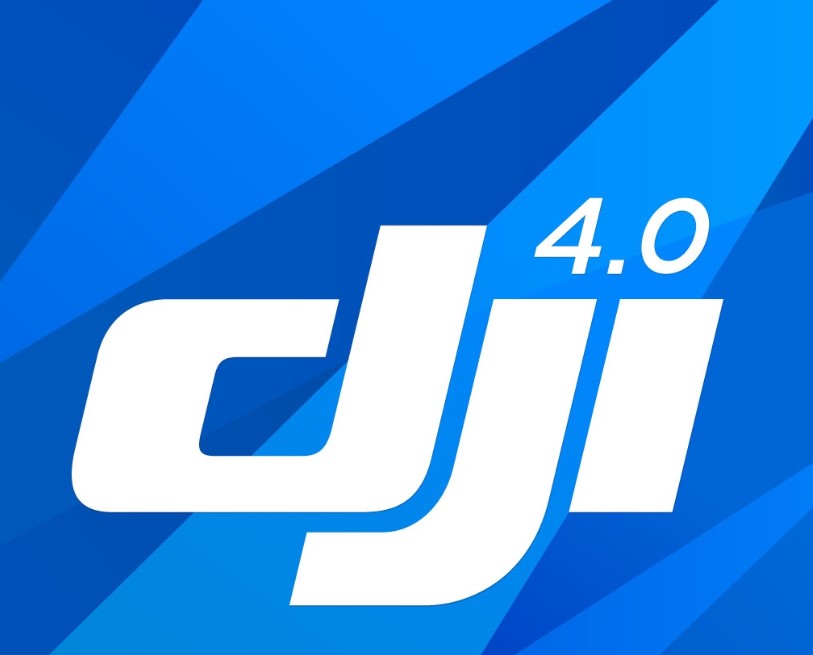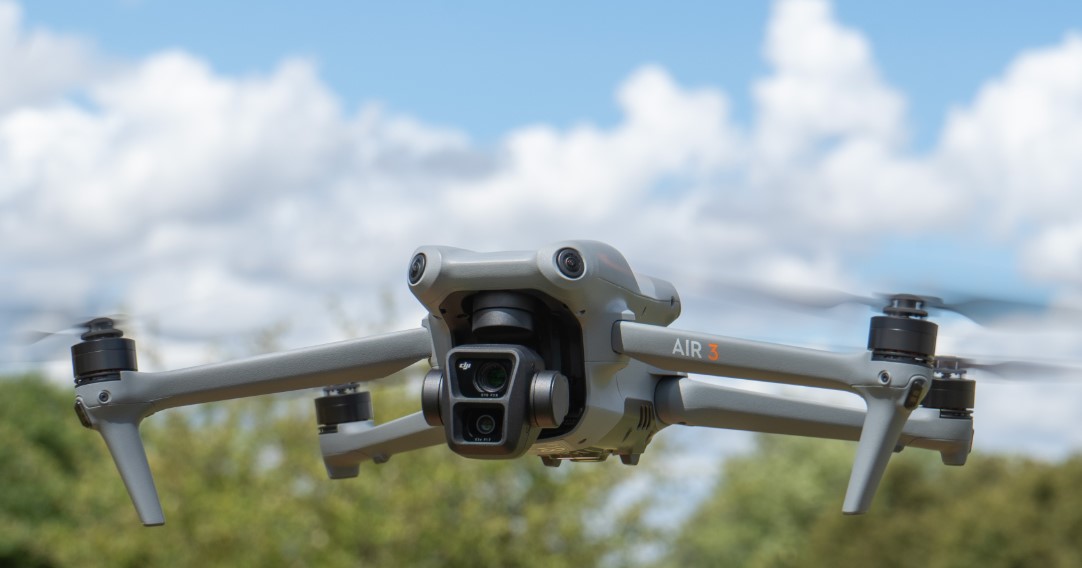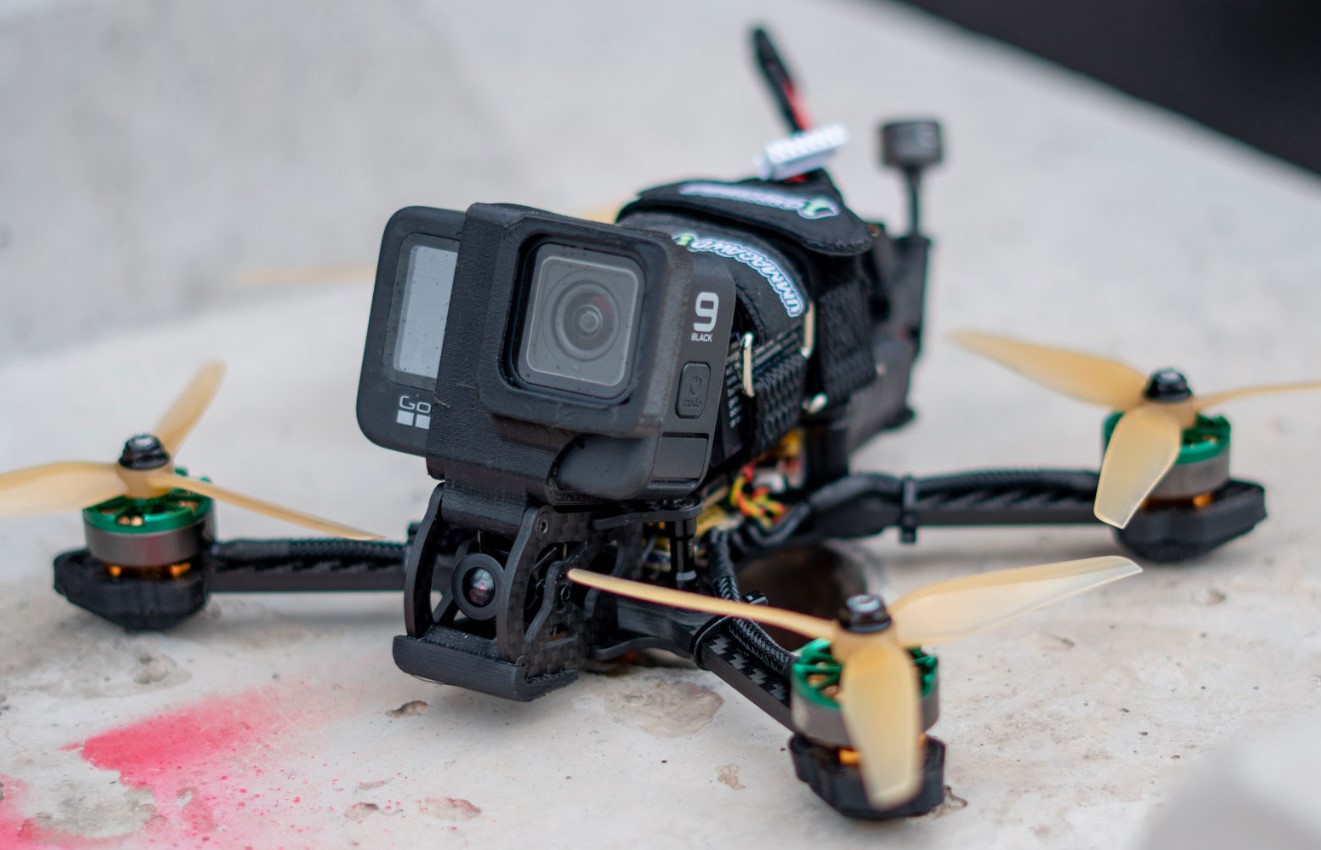Drones, also known as unmanned aerial vehicles (UAVs), have revolutionized photography, surveillance, and various industries by offering unique aerial perspectives. However, the proliferation of drones has raised critical questions about privacy and the legal implications of capturing images of private property. In this essay, we will explore the legality, ethical considerations, and potential ramifications of using drones to take pictures of private property, offering a comprehensive understanding of this complex topic. Follow Dronevoz.com !!!
The Popularity of Drones in Modern Society
Drones have become increasingly popular due to their versatility and affordability. They are widely used in industries such as agriculture, real estate, entertainment, and security. Professional photographers and hobbyists alike have embraced drones for their ability to capture stunning aerial footage.
However, this widespread usage has blurred the lines between innovation and invasion, leading to concerns about how drones can impact personal privacy.
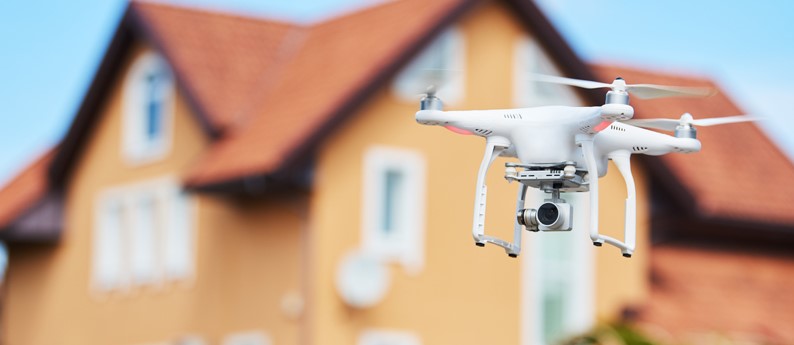
Can Drones Legally Take Pictures of Private Property?
The legality of using drones to capture images of private property depends on various factors, including jurisdiction, intent, and altitude of the drone.
Airspace and Property Rights
Private property ownership generally extends to the ground and a certain height above it, but airspace laws complicate this. In most countries, airspace is regulated by government agencies, such as the Federal Aviation Administration (FAA) in the United States. According to the FAA, airspace above private property typically remains public from 400 feet upwards, which means that drone operators flying within legal airspace may not technically violate property rights.
Laws on Privacy and Surveillance
While operating in public airspace may be legal, capturing images of someone’s private property without their consent can violate privacy laws. For example:
- United States: Several states have enacted laws prohibiting drones from photographing private property with the intent to spy or surveil.
- European Union: Under the General Data Protection Regulation (GDPR), capturing identifiable images of individuals or their property may be considered a breach of privacy.
- Australia: Similar to other countries, Australia imposes restrictions on drones capturing footage over private property without consent.
Intent and Context
The purpose behind capturing images plays a crucial role in determining legality. For instance:
- A real estate agent using a drone to photograph a property with permission is lawful.
- A hobbyist accidentally capturing images of neighboring properties while filming landscapes may not face legal consequences, provided there’s no malicious intent.
- Surveillance without consent can lead to legal actions, even if the drone operator was unaware of trespassing.
Ethical Considerations of Drone Photography
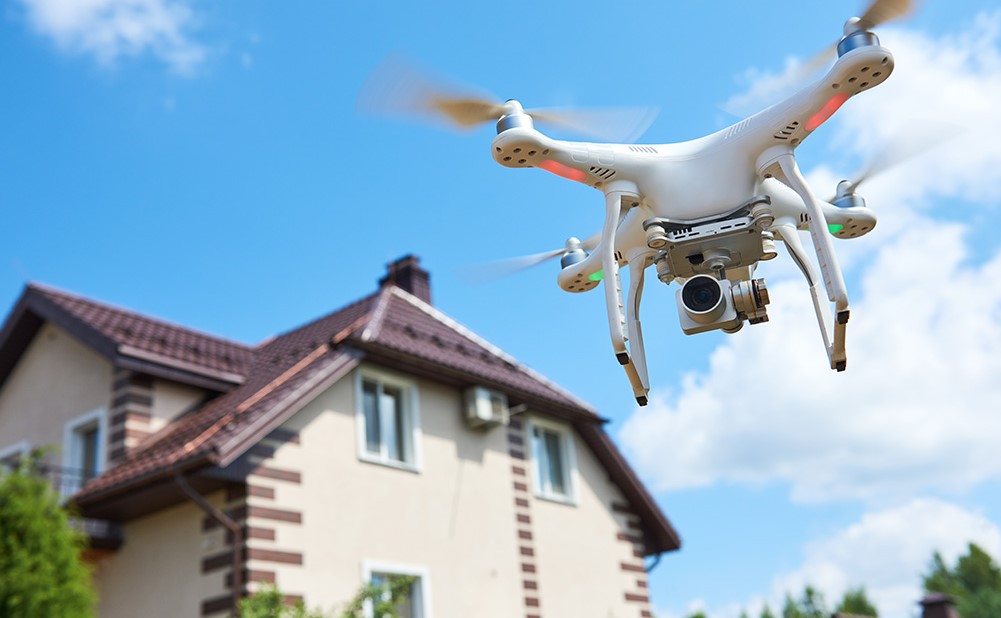
Beyond legality, ethical concerns about drone photography are just as significant. Respecting personal privacy and avoiding intrusive behavior are essential.
- Respecting Privacy
Drones equipped with cameras can intrude into spaces that were traditionally considered private. Hovering over someone’s backyard or peering into their windows can evoke feelings of discomfort and mistrust, even if no laws are technically broken.
- Building Trust in Technology
Drone operators must ensure that their activities promote responsible usage rather than fueling public fears of surveillance. This includes clear communication and visible identification when capturing footage near residential areas.
- Minimizing Unintentional Harm
Even when used with good intentions, drones can capture sensitive information, such as children playing in a backyard or security details of a property. These images could inadvertently lead to harm if shared irresponsibly.
>>> Read: Can Drone Batteries Go in Checked Luggage?
Consequences of Misusing Drones for Private Property Photography
Failing to adhere to legal and ethical standards can lead to significant consequences for drone operators.
Legal Repercussions
Drone operators who violate privacy laws can face:
- Fines or penalties issued by aviation authorities or local governments.
- Lawsuits filed by property owners for trespassing or invasion of privacy.
Damage to Reputation
Brands or professionals using drones irresponsibly may suffer reputational harm, losing trust from clients and the community.
Technological Restrictions
In response to privacy violations, governments may impose stricter regulations on drone usage. This could include mandatory registration, flight restrictions, or technological limits like geofencing.
Guidelines for Responsible Drone Photography
To avoid conflicts and ensure ethical practices, drone operators should follow these guidelines:
- Understand Local Laws
Familiarize yourself with local drone regulations, including restrictions on flight altitude, areas of operation, and privacy laws.
- Obtain Necessary Permissions
Always seek consent from property owners before capturing images of private property, especially if the footage will be used commercially.
- Avoid Sensitive Areas
Respect “no-fly zones,” such as schools, hospitals, and government buildings, to ensure privacy and safety.
- Invest in Safe Technology
Use drones equipped with geofencing and advanced navigation features to prevent accidental breaches of restricted areas.
- Communicate Transparently
If operating near residential areas, notify residents about your intentions to avoid misunderstandings and build trust.
>>> Click Difference Between Drone And Quadcopter
Balancing Innovation and Privacy
Striking a balance between leveraging the potential of drone technology and respecting individual privacy is critical. Policymakers, drone manufacturers, and operators all play a role in ensuring this equilibrium.
- Policymakers
Governments must establish clear, fair regulations that address privacy concerns without stifling innovation. Regular updates to laws can help keep pace with technological advancements.
- Manufacturers
Drone manufacturers can incorporate privacy-friendly features, such as encrypted data storage and noise reduction, to minimize disturbance.
- Operators
Responsible drone operators can lead by example, showcasing ethical practices that inspire trust and acceptance of this transformative technology.
Conclusion
The question, “Can drones take pictures of private property?” does not have a simple yes or no answer. While drones can technically capture such images, the legality and morality depend on various factors, including intent, jurisdiction, and ethical considerations.
By adhering to local laws, respecting privacy, and promoting transparency, drone operators can enjoy the benefits of this powerful technology while minimizing potential conflicts. As drone usage continues to expand, it is imperative for society to address these challenges collectively, ensuring a future where innovation and privacy coexist harmoniously.
